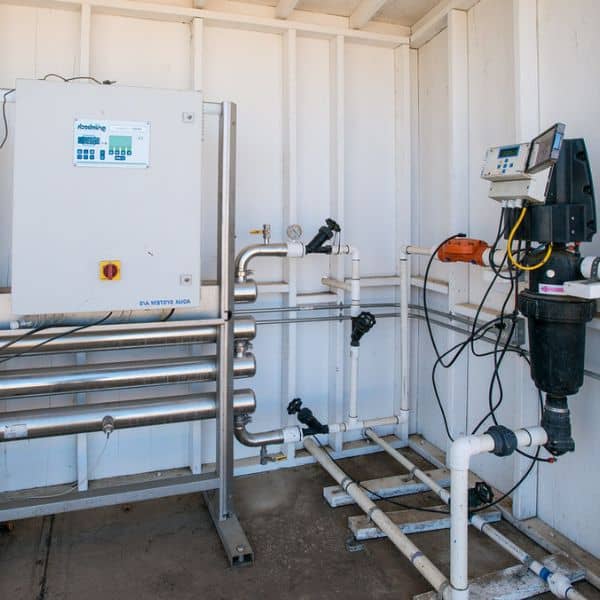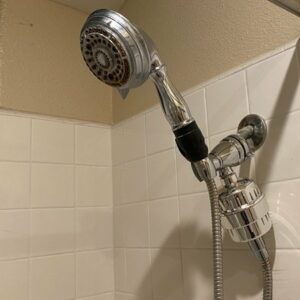Why You Need a Whole House Water Filter
If you’re questioning whether a whole house water filter is right for your home, you’re likely doing some good research to ensure clean, healthy water in your household. Many of the health risks associated with drinking contaminated and unfiltered water can be avoided by utilizing a filter. For this, choosing the right whole house water filtration system is necessary. You’ll want to consider that what type of filter or filtration system specifically addresses your requirements.
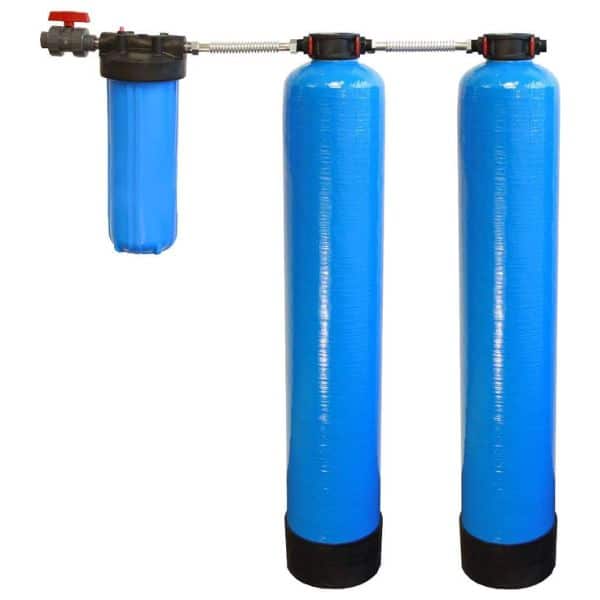
A whole house water filtration system addresses many different contaminants including dirt, sediment, sand, and other debris that are present in the city water supply. It also takes care of chlorine as well as some pesticides that can cause irritations to the skin and hair when showering.
Taking all this into consideration, deciding whether a whole house water filter is right for you is ultimately up to you – but knowing the options and potential benefits may just be the key to taking advantage of cleaner more filtered water for your family.
What You Should Look For When Choosing a Whole House Water Filter?
When it comes to choosing among the whole house filtration systems, making the right decision can make all the difference.
Water Flow Capacity
One factor to consider when choosing a water filter is the size and capacity of the unit. The number of bathrooms and faucets in your home, as well as whether you have a pool, will all factor into what size unit you should get.
Filter Media
Not all filters are created equal – so it’s important to make sure you’re choosing the right filter media for your needs. Granular activated carbon (GAC) is a popular choice as it does an excellent job of removing chlorine and other contaminants from water, while also improving its taste. Reverse osmosis systems are also popular due to their ability to remove up to 99% of contaminants in drinking water.
Additionally, examining the system’s filter-changing requirements, contaminants removed, and contaminant capacity are essential elements of choosing a quality whole house water filter.
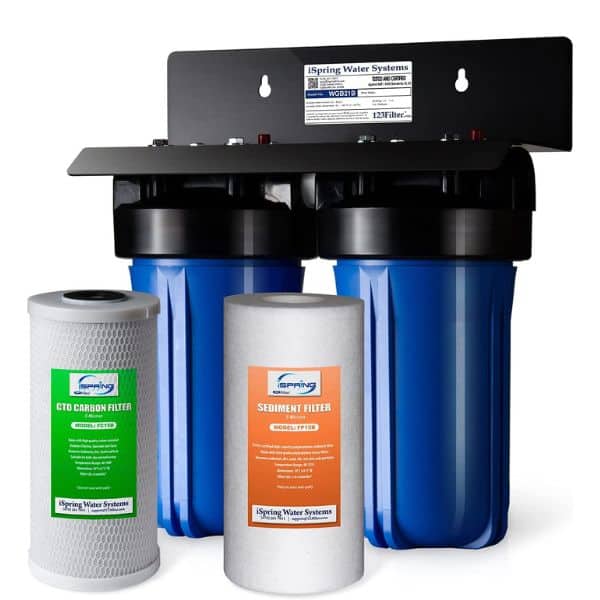
Maintenance
Another factor to consider is how often the filter needs to be changed, and whether that requires a handyman or can be done in-house. Generally speaking, whole house filters require more maintenance than point-of-use filters, so make sure you know what’s involved in your chosen system before making a purchase.
Size
It’s also important to consider the size of your home, how much water you’ll be filtering, and your budget before deciding on what filter is right for you.
Budget
You’ll also want to look at the overall cost of a whole house water filter. Not only will you be paying for the unit itself, but installation costs and maintenance as well. Ultimately, this could add up to quite a bit of money – so be sure to shop around and compare prices in order to find the best value for your budget.
Certifications
Furthermore, when assessing filter performance you should always look for certifications such as NSF/ANSI standards or any other type of relevant rating that has been approved by an independent testing organization.
Eco-Friendly Filtration System
Lastly, opting for eco-friendly filtration systems such as carbon filtration can ensure superior longer lasting results while minimizing environmental impact.
All these factors will help you select a whole house water filter that provides clean and healthy drinking water that meets the needs of your family or business.
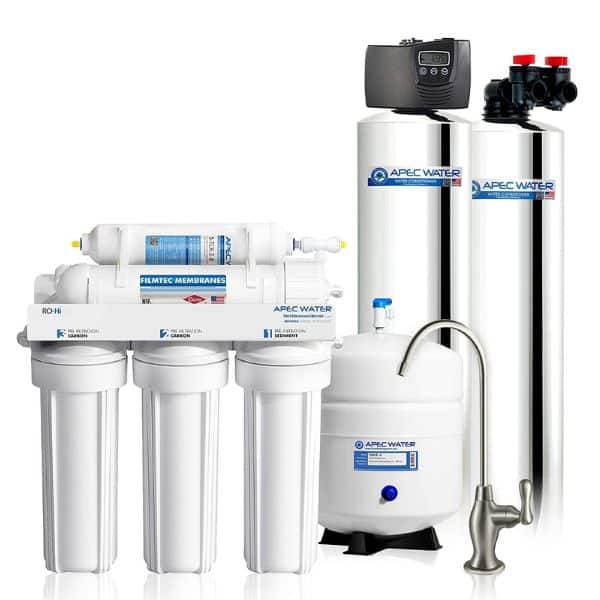
Types Of Whole House Water Filters – Which One Is Right For You?
Whole house water filtration systems are a fantastic way to ensure that your drinking and bathing water is free from contaminants. If you’re considering adding one to your home, you have different options for filtration systems that may be the right fit for you.
Basic Sediment Filters
Basic sediment filters are best for trapping large particles such as dirt, sand, and rust.
Carbon Filters
Carbon filters can remove chlorine and other chemicals, odors, and sediment.
Reverse Osmosis System
The best whole house RO system will provide the most rigorous purification of all the options.
So, when it comes to whole house water filters, there are a wide variety of options out there that can meet any budget and get the job done. Depending on your home’s needs, you may lean towards investing in a larger countertop filter, which is capable of filtering out large contaminants for up to 6 months.
On the other hand, if you need something more compact that can handle higher volumes of water more quickly, then a reverse osmosis system may be the better fit for you.
Ultimately, the type of filter that works best for you will depend on factors such as how much water it needs to process, its ease of maintenance, and your budget. It’s always recommended to do research before making any major appliance purchase so take time to find out which whole house filter is the right one for your individual needs!
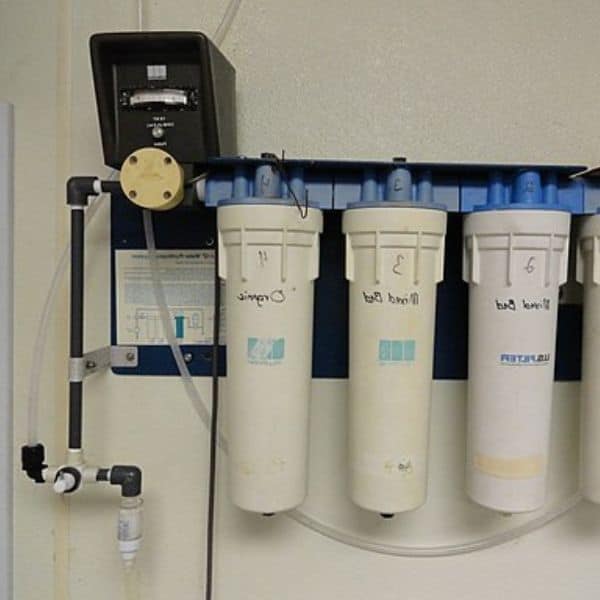
The Ending Note
A whole house water filter is an excellent way to ensure that your drinking and bathing water is free from contaminants. Make sure to consider factors such as size, budget, type of filtration system, and maintenance requirements when selecting the right water filter for your home. With a little bit of research, you can find the perfect filtration system that meets both your needs and budget.
In short, adding a whole house water filter to your home is an investment in clean drinking water and improved health for you and your family.
